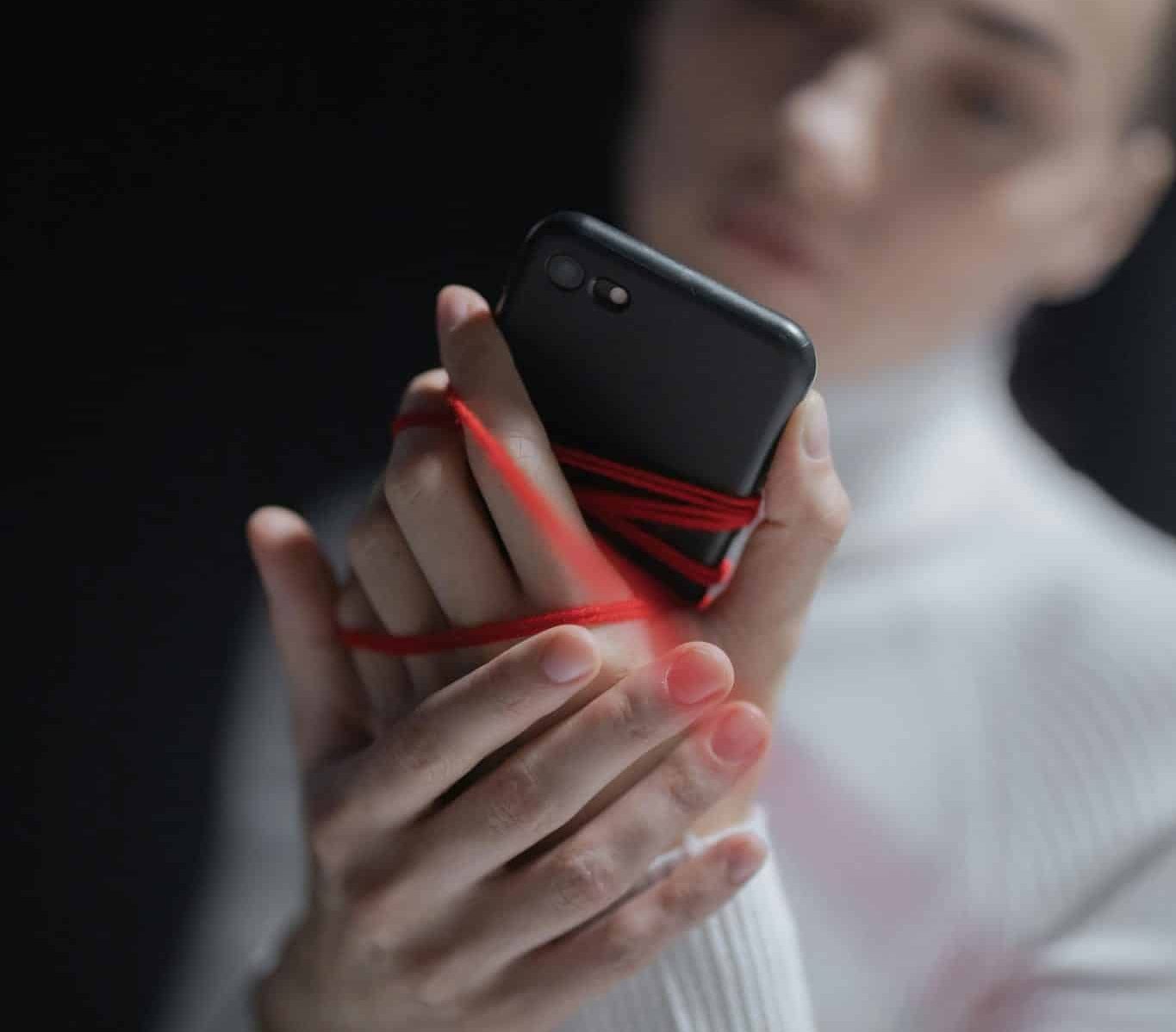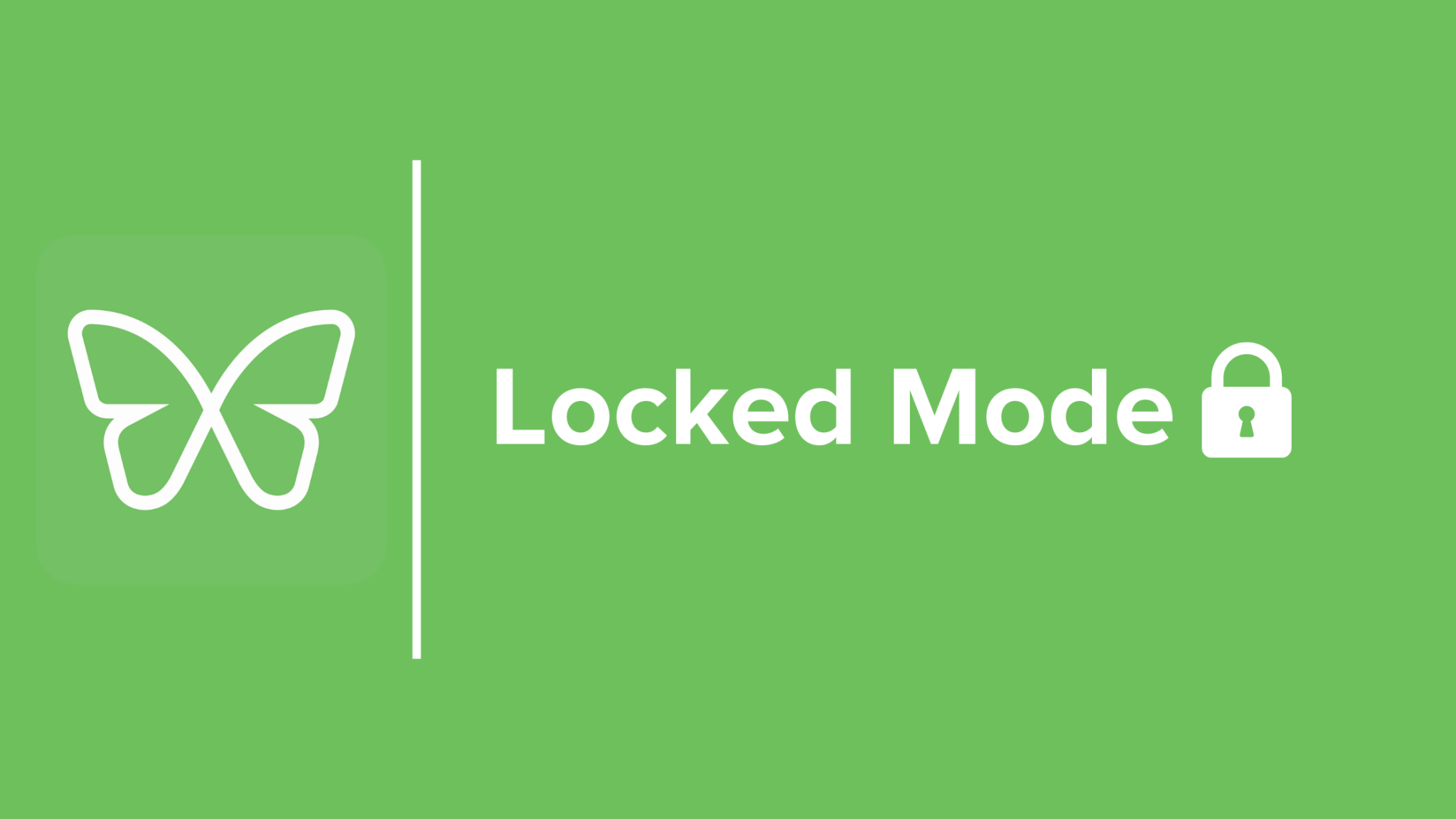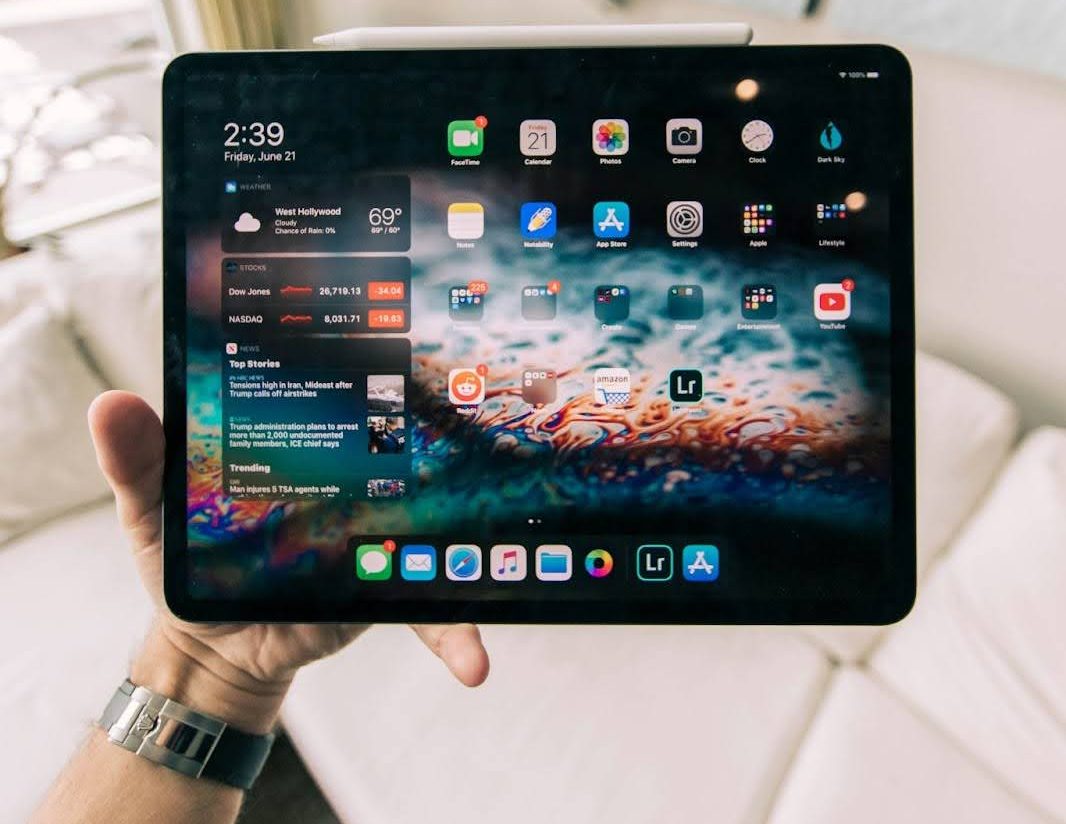Cal Newport: How Digital Minimalism Can Help You Take Back Control of Your Life

By now you’re probably aware that technology can have a negative impact on your health. You’ve likely also experienced the stress and inability to focus that comes along with our noisy digital lives.
Even when we know we’re spending too much time online or on our phones, the thought of cutting out these technologies can seem daunting or simply impossible. We fear being disconnected or left behind, so we keep scrolling and clicking.
Enter Cal Newport. Bestselling author of Deep Work and professor of computer science at Georgetown University, Cal’s on a mission to help you reclaim your attention from digital clutter so that you can spend it on the things that matter.
Cal Newport first wrote Deep Work, a book that sparked a movement around the idea that unbroken concentration produces work of far higher value than the electronic busyness that fills most of our work days.
However, despite Deep Work’s guidance to tackle digital distraction at work, many readers were left asking: ‘how do we manage the electronic business in our personal lives?’
And that’s exactly the question Newport’s latest book Digital Minimalism: Choosing a Focused Life in a Noisy World tries to answer.
So this week we sat down with Cal to learn more about the philosophy of digital minimalism and how it can help us create a more intentional relationship and reclaim our time and attention for the things that matter most to us.
You’re widely known for you best-selling book Deep Work that sparked a movement around the idea that unbroken concentration produces more value than the electronic busyness that defines the modern workday. What made you write Digital Minimalism, a book that aims to help people create a more intentional relationship with technology?
Deep Work focused on unintended consequences of new technology in the workplace. When I was on the road promoting Deep Work, one of the most common questions I received was to ask my thoughts about the unintended consequence of new technology in people’s personal lives.
In Digital Minimalism, you write “we seem to have stumbled backward into a digital life we didn’t sign up for” – why do you think this happened to so many of us without us realising?
People originally bought an iPhone because it combined their iPod and cell phone into one device. People originally signed up for Facebook to see the relationship status of their classmates.
Ten years later, they look up and realize that they’re checking their phone compulsively, and spending close to an hour a day feverishly providing Facebook information about themselves to be sold to advertisers. This is not what they originally signed up for.
What happened? The tech companies discovered that there were vast fortunes to be made if they could cultivate compulsive use of mobile devices, so over time, the design of the apps that populate these devices were optimized to become increasingly irresistible.

What piece of research did you find most astounding while writing Digital Minimalism?
On the negative side of the ledger, I was shocked to learn how some of the social media giants borrowed ideas from Las Vegas casino gambling (in particular, the right way to stagger rewards to keep people compulsively pulling the slot machine handle) to get people to use their apps much more frequently. They were forced into these changes, in part, because their venture investors wanted a big return, which required a big IPO, which required a big revenue bump.
On the positive side of the ledger, I was pleased to discover how quickly people could lose their “taste” for low quality digital distraction when they began to cultivate high quality analog alternatives for their leisure time. There’s a reason why the Ron Swanson character on Parks and Recreation didn’t own a smartphone — when you’re carving a canoe you don’t feel the itch to idly scroll through Twitter.
What would you say to someone who thinks that they should just use self-control to fight digital distraction distractions?
Our culture has tried this for the past few years: it isn’t working. The cultural and technology forces pushing us toward our screens are much too powerful to be thwarted by yet another article on turning off notifications.
How can someone know if they are in need of an approach like digital minimalism?
If you feel like you’re looking at screens more than is useful or healthy, digital minimalism provides you a good option to take back control of your life.
Have you made any major changes to your digital habits since writing Digital Minimalism?
I have always been a digital minimalist (though I didn’t know to call it that at the time), in the sense that I’ve always put technology to work to boost things I really find important, and am happy ignoring everything else. This is why I’ve never had a social media account and spend large portions of my day away from my phone, but have blogged for over a decade.
One behavior that changed after researching this book is that I’m much more aggressive about trying to cultivate high quality analog leisure activities into my life. Practically speaking, this means my poor family gets to hear more of amateur guitar playing.
The second part of Digital Minimalism focuses on some of the ideas and practices one can use to cultivate a sustainable digital minimalist lifestyle – with each section ending with a few actionable tactics you can implement to help you along your way to creating a more intentional relationship with technology. Was there a particular tactic you found personally most helpful or illuminating in defining your own intentional relationship with technology?
I was taken by how important solitude turns out to be. Human beings requires lots of time alone with their own thoughts (not glancing at something, not listening to something) in order to make sense of information, achieve meaningful self reflection, and allow their brain to unwind.
Regularly going out without your phone is a simple tactic that injects the complex advantages of solitude back into your life.
What are some of the greatest benefits you have experienced while subscribing to digital minimalism?
The digital minimalists I studied are for the most part much more satisfied with their life. They feel like they’re back in control, directing their efforts toward goals they care about, and accordingly have a sense of fulfillment that was missing in their prior lifestyle of anxious but mindless tap and swiping.
Listen to Cal Newport on the Freedom Matters Podcast:
For more information about Cal Newport, Digital Minimalism, or his other works – visit CalNewport.com


